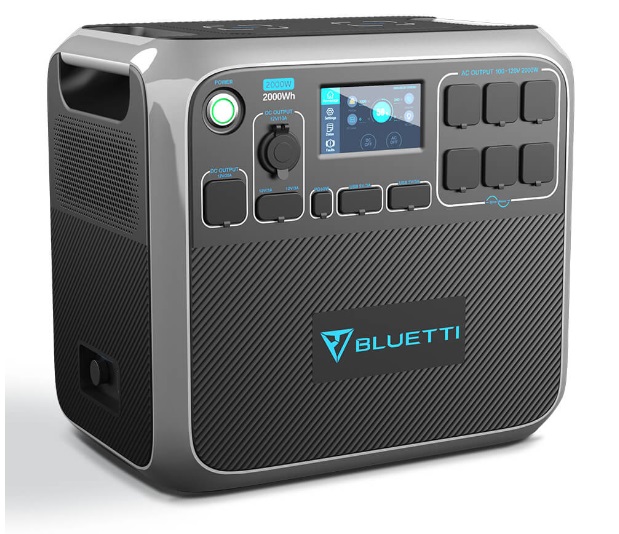Solar generators harness the sun’s energy into usable electricity that can power your boat and its electrical devices.
They can also serve as a portable source of power during camping and RVing trips.
When selecting the ideal solar generator for your needs, take into account how much power you require and which devices require charging. Then, compare prices to find the most suitable battery capacity.
How They Work
Solar generators are a renewable source of energy that can power all your electrical appliances and electronics while you’re on the water. Not only do they save you money, but they also reduce your carbon footprint – something to think about when making decisions for a greener lifestyle while on board.
Solar generators consist of four major components: the solar panel, battery system, charge controller and inverter. Individually these parts work independently but when combined they produce usable electricity that you can plug into your boat’s electrical outlet.
A battery is a storage device for the energy collected by solar panels. It must be able to store enough electrical charge to power your boat during long voyages.
In addition to a battery, some solar generators also include a Battery Management System (BMS). This microprocessor-controlled device monitors the battery and detects when it needs charging or discharging. It then regulates each cell in the pack to guarantee they generate an even, safe flow of current.
Battery Capacity
Solar Generators use batteries to store the energy they harvest from the sun. This is an efficient way to keep essential appliances running and lights on when you’re disconnected from the grid.
When using a solar generator, the type of battery that’s ideal depends on how often you plan to use it. Lithium-ion batteries are the most popular option but lead acid and saltwater batteries can also be utilized.
Batteries can last a long time if properly maintained. Unfortunately, heat can shorten their life and reduce efficiency.
Another problem with batteries is their tendency to deteriorate if left out in the elements. Therefore, selecting a battery suitable for outdoor storage and with sufficient capacity to withstand temperature extremes is essential.
When selecting a battery size for your solar panels, opt for one with enough capacity to store the energy generated. The higher the capacity of your battery, the longer it will keep a charge and more power you can store.
Output Ports
Solar Generators with multiple output ports for charging various devices, such as AC outlets, USB-A and 12-volt DC outlets, are the best. This ensures you can charge all your gadgets simultaneously regardless of which plug type they require.
When purchasing a solar generator for your boat, one of the most essential features to look into is its output ports. They should offer various input and output options so you have access to enough power while on board.
When choosing a generator for your boat, you should take into account its size and power as well as its outputs. These elements will guarantee your electrical appliances remain functional even if your main power source is interrupted.
Wiring
Solar power systems for boats typically consist of solar panels, charge controllers and battery storage. These components can be purchased individually as individual parts or as a complete kit that includes them all.
Solar systems can save you money by replacing recurring fuel purchases with energy generated from the sun, leading to significant savings over time compared to alternatives such as gas generators.
Solar panels generate electrical current that powers devices and lights onboard your boat. You can use this electricity for charging batteries or running small appliances like a portable refrigerator and lights, depending on which model you select.
No matter if you’re taking a weekend trip to the beach or an extended camping vacation, solar generators provide power when needed. Plus, they’re quieter and less likely to damage sensitive electronic devices than gasoline-powered generators.
